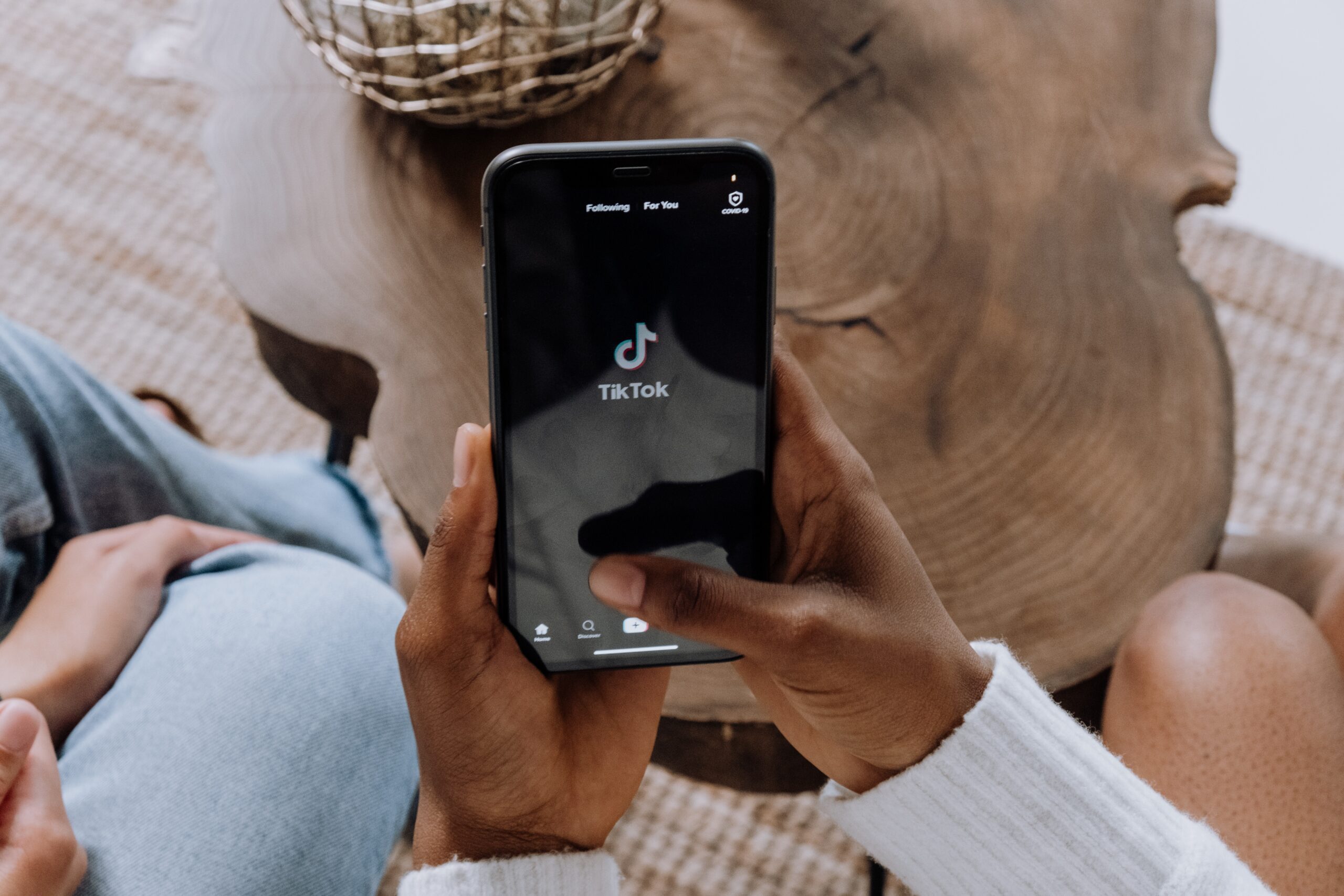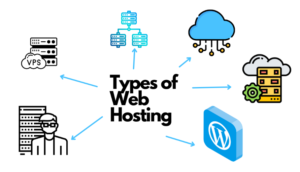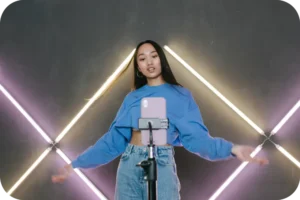
Ban on tiktok in Canada
Table of Contents
- What Led to the TikTok Ban in Canada?
- What Does the TikTok Ban in Canada Mean for Users?
- What Alternatives Are Available?
- Frequently Asked Questions
What Led to the TikTok Ban in Canada?
The TikTok ban in Canada was prompted by concerns over data privacy and security. In July 2020, the Canadian government announced that it was investigating TikTok over concerns that the app was sending user data to China, where the company that owns TikTok, ByteDance, is based. The investigation was led by the Canadian Privacy Commissioner, who expressed concern that TikTok was not transparent about how it collected and used user data.
The investigation came on the heels of similar concerns in other countries, most notably the United States, where former President Donald Trump threatened to ban TikTok unless ByteDance sold its US operations to an American company. In the end, ByteDance was forced to sell its US operations to Oracle and Walmart, but the ban was never implemented.
The Canadian investigation resulted in a report that found TikTok was not transparent about how it collected and used user data, and that it was not doing enough to protect user privacy. The report recommended that the Canadian government consider banning the app.
What Does the TikTok Ban in Canada Mean for Users?
The TikTok ban in Canada does not mean that the app is completely banned in the country. It only applies to government devices. However, the ban does raise concerns about data privacy and security for all TikTok users in Canada.
Users who have downloaded the app on their personal devices can still use it, but they should be aware of the risks. TikTok collects a significant amount of user data, including location data, search history, and device information. This data is used to target ads and improve the app’s functionality, but it also raises concerns about how the data is being used and who has access to it.
TikTok has repeatedly denied that it shares user data with the Chinese government, but the Canadian government’s investigation found that the app was not transparent about its data collection practices. This lack of transparency raises concerns about what TikTok is doing with the data it collects, and who has access to it.
Users who are concerned about data privacy and security may want to consider deleting the app from their devices. Alternatively, they can take steps to limit the data TikTok collects by adjusting their privacy settings. For example, users can turn off location services and limit ad tracking.
What Alternatives Are Available?
For users who are concerned about the risks of using TikTok, there are several alternatives available. Here are a few popular options:
- Instagram Reels: Instagram Reels is a feature within the Instagram app that allows users to create short videos. It is similar to TikTok in many ways, but it is owned by Facebook, which has a better track record when it comes to data privacy and security.
- YouTube Shorts: YouTube Shorts is a new feature within the YouTube app that allows users to create short videos similar to TikTok. While it is still relatively new, YouTube has a well-established reputation for data privacy and security, which may make it a more attractive option for users who are concerned about these issues.
- Triller: Triller is another app that allows users to create and share short videos. Like TikTok, it features a variety of video editing tools and filters. However, Triller has positioned itself as a more music-focused app, with partnerships with major music labels and artists.
- Byte: Byte is a newer app that was created by the co-founder of Vine, the popular video-sharing app that was shut down in 2017. Byte allows users to create short videos and share them with a community of users. While it is still growing, it has received positive reviews for its user-friendly interface and creative tools.
Ultimately, the best alternative for users will depend on their individual preferences and concerns. Some users may prefer to stick with TikTok despite the privacy and security concerns, while others may want to switch to an app that has a stronger track record in these areas.
IV. Frequently Asked Questions
Q: Is TikTok completely banned in Canada?
A: No, the ban only applies to government devices. Users who have downloaded the app on their personal devices can still use it.
Q: What data does TikTok collect from users?
A: TikTok collects a variety of data from users, including location data, search history, and device information. This data is used to target ads and improve the app’s functionality.
Q: Does TikTok share user data with the Chinese government?
A: TikTok has repeatedly denied that it shares user data with the Chinese government. However, the Canadian government’s investigation found that the app was not transparent about its data collection practices.
Q: What are some alternatives to TikTok?
A: Some popular alternatives to TikTok include Instagram Reels, YouTube Shorts, Triller, and Byte.
Q: Should I be concerned about using TikTok?
A: It is always important to consider the privacy and security risks of any app before using it. While TikTok has been accused of privacy and security violations, users who are concerned about these issues can take steps to limit the data the app collects or switch to an alternative app with a stronger track record in these areas.






